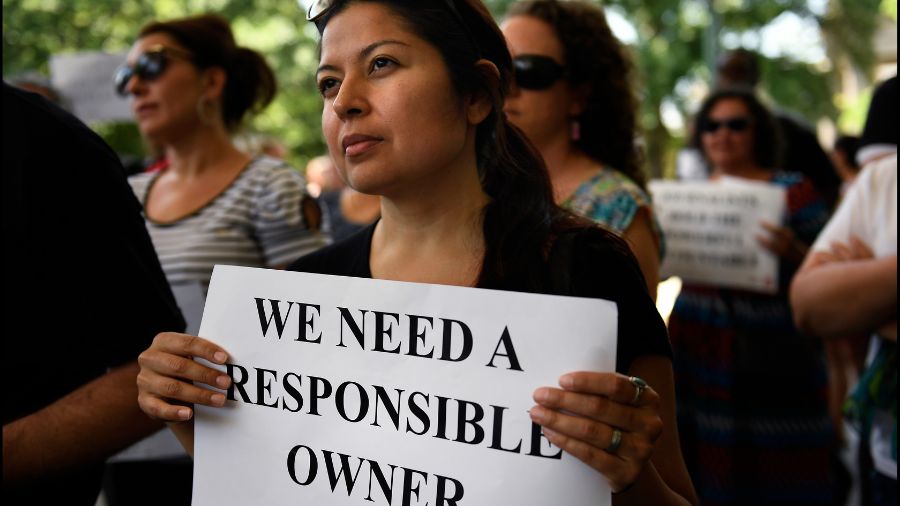UW Medicine: COVID-19 booster from last fall sufficient to fight variants
Apr 26, 2023, 3:29 PM | Updated: Apr 28, 2023, 3:30 pm

UW Medicine says you should be covered if you got your booster last fall, unless you are in a high-risk category. (Getty Images)
(Getty Images)
The COVID-19 booster that became available last fall should provide ample protection against emerging virus variants, according to University of Washington Medicine.
Dr. Shireesha Dhanireddy thinks the bivalent COVID-19 booster formulation that came available works against Omicron XBB.1.16, or “Arcturus,” and other variants. A bivalent vaccine is a vaccine with two strains of a virus.
“We think that this booster still has activity against the newer virus that we’re hearing about,” said Dhanireddy, a professor of medicine at the UW School of Medicine.
As of Friday, XBB.1.16 has been detected locally by UW Medicine’s Virology Laboratory.
The Centers for Disease Control and Prevention (CDC) recommends a second booster dose of the bivalent vaccine for people at highest risk of serious illness from COVID-19, including anyone over age 65 and immunocompromised people 5 and older.
“This is an extra layer of protection for you, particularly those who are immunocompromised that really don’t have a strong immune response to the vaccine, but also not a strong immune response to fight off the infection,” Dhanireddy said.
For people outside the CDC’s latest guidance who are current on their booster doses, Dhanireddy expects another booster to be announced sometime this fall.
FACT FOCUS: COVID vaccines are not in the food supply
According to the Food and Drug Administration, there are 19 approved COVID vaccines. The public should contact their doctor’s office to determine which one if most appropriate for them.
“As we know with the flu vaccine, we’re always anticipating changes, and the (flu) vaccine is tweaked every year — and we may be doing that, maybe not every year, but maybe every few years or whenever needed, with the COVID-19 vaccine,” said Dhanireddy.
Editor’s Note: A previous version of this story stated that the variant XBB.1.16 had not been detected locally by UW Medicine’s Virology Laboratory. In fact, that variant had been identified among local virus samples, according to a newly released statement from UW Medicine.













